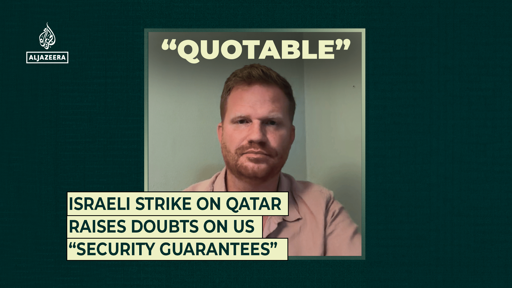
Without trying to diminish the importance of this specific point about misogyny I would extend that this is true of a lot of statements that people reject or see as wild and out-of-pocket when they hear them.
Most of the time, people are talking sense according to what they’ve lived, and if it sounds crazy to you then you need to get more of the full story and learn about the context from them and why they think that. It’s not always. Sometimes people are just nuts or hateful or w/e. But most of the time, if you dig into that “she’s talking nonsense that doesn’t make any sense” statement you will find some good sense in it. It might not be the end of the story but it’s usually an important part of it. Most of the time.
































You’re not grasping what I’m saying. I’m more or less agreeing with you that her campaigning was bad. My point is that, also, for things to even get to that point where this election was close whatever she did (even with people crying out for some kind of change to the point that anyone who wasn’t a politician looked like a step up to them), a lot of groundwork got laid that had absolutely nothing to do with her.
Some of it was the Democrats betraying the working class for the last 32 years, some of it was media. Some of it was her campaigning, too, sure. It’s not an either or thing.